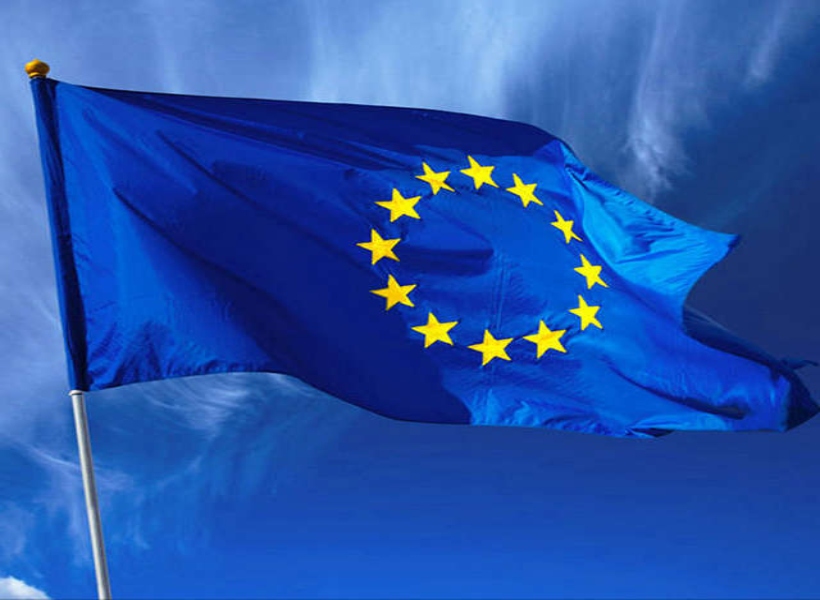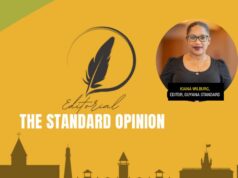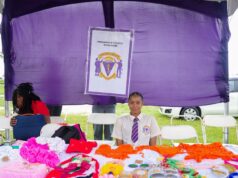The European Union (EU) Elections Observer Mission (EU EOM) has recommended that a legal and regulatory system be introduced to transform the state-owned media into a genuine public service broadcaster. This includes provisions granting editorial independence, financial autonomy, clear separation from any government institution, and an open and competitive selection process of its board members.
The EU EOM made these recommendation in its final report on the March 2 Regional and General Election. The mission said that it was able to observe and report on all aspects of the election process until 20 March 2020 when, in light of the Covid19 pandemic, it was repatriated to Europe.
Currently, the mission said that the state-owned media are not independent as their Chairpersons and Board members are directly appointed by the Prime Minister. Also, there is no specific legislation regulating the selection process of the board members or state-owned media funding.
During the lead up to the March 2 General and Regional Elections, the EU EOM noted that the State Media was “largely biased”. They noted, too, that there were “highly partisan” private media.
“State-owned media which include one TV channel, eleven radio stations, and a daily newspaper historically reflect the views of the ruling party, rather than serving the public interest,” the mission noted in its observation report that was issued on Friday.
The EOM said that the state-owned TV Channel 11 devoted a total of 60% of its news coverage to the government and the president, and 25% to APNU+AFC.
“In addition, clearly misusing state resources, the Department of Public Information (DPI), a governmental agency, was extensively used to promote the ruling coalition’s campaign activities. Private TV channels showed a bias in their coverage of the election campaign as well. Channel 28 and the PPP/C affiliated TV Channel 65 devoted to this party 58% and 77% of their news coverage, respectively. By contrast, Channel 9 devoted a total of 57% of its news to the president and the government, along with 23% to APNU+AFC,” the mission noted.
It noted, too, that the state-owned newspaper, Guyana Chronicle, devoted 83% of its news coverage to the incumbent president, government and ruling coalition and at the same time, offered considerable space to letters from readers critical towards PPP/C.
Guyana Times offered 47% of its news coverage to PPP/C, and 22 and 29% to the government and ruling coalition respectively. Stabroek News and Kaieteur News, on the other hand, were proved to be “rather balanced” in their news coverage, the mission said.
The EU EOM also noted some of the issues raised by the Guyana Press Association (GPA), the only representative body of media workers in the country, during the lead up to the elections.
“Media interlocutors complained about limited information on the electoral process provided by GECOM Chairperson and Secretariat officials, leaving them to rely on partial and at times contradictory information gathered from GECOM’s commissioners nominated by the two main political forces,” the report noted.
The mission said that journalists were “generally” able to freely cover the election campaign, however, they faced some challenges during the post-election period. In two different post-election press statements the GPA denounced cases of journalists being subject to intimidation via social networks, direct intimidation and attempted physical assaults by party supporters while covering the tabulation process and legal proceedings. GPA also complained about the lack of effective measures by security forces and GECOM to ensure media workers’ safety.
The Constitution guarantees freedom of expression. Nevertheless, at odds with international obligations and in addition to civil law, defamation is prosecuted also by criminal laws with sentences up to two years of imprisonment. While there were no ongoing criminal lawsuits or cases of journalists being detained or convicted, the EOM said that the mere existence of criminal liability for defamation constitutes a threat which may lead to possible self-censorship by media professionals.
The mission recommends that defamation be decriminalised, in line with international obligations regarding freedom of expression.














Guyana can take care of the media and regulations to suit our agenda. Who care about your worthless opinion, observe not recommend.